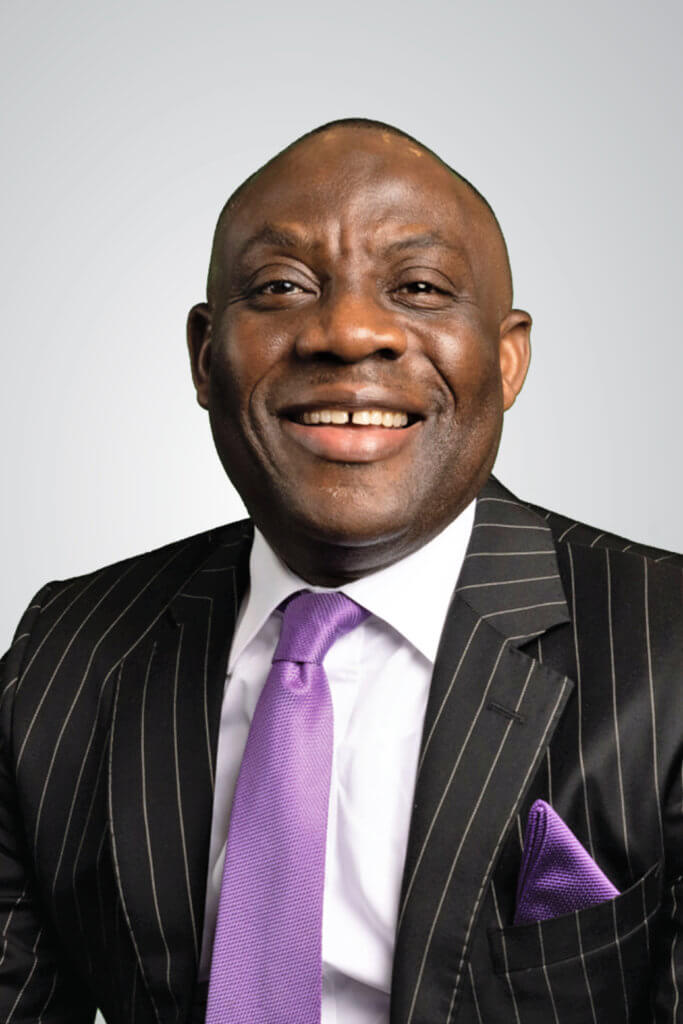
The Federal Government has reaffirmed its commitment to strengthening cancer control initiatives across Nigeria, amid growing concerns over the country’s rising cancer burden. Minister of State for Health, Dr. Tunji Alausa emphasised this during the Impact Review Mission Team’s visit to Nigeria in Abuja on Monday.
Alausa highlighted the pressing need for an enhanced cancer management system, pointing out that nearly 288,000 cancer cases have been reported nationwide. He noted that Nigeria faces significant challenges in diagnosing and treating cancer due to limited infrastructure and resources.
“We appreciate the international health organizations supporting our cancer control efforts,” Alausa said. “We need you, and we need to give you what you deserve in return.”
Alausa further explained that President Bola Ahmed Tinubu’s administration is committed to healthcare reforms, prioritising investments in the health sector to ensure all Nigerians have access to adequate care. “The President has demonstrated a significant commitment to improving healthcare services for every Nigerian,” he added.
The Minister acknowledged the challenges the country faces, including the scarcity of critical diagnostic tools. “For a nation of over 220 million people, we currently have only one positron emission tomography (PET) scanner and no cyclotrons for isotope production. Additionally, we only have a few linear accelerators,” he lamented.
To address these gaps, Alausa outlined several key initiatives, including the establishment of the National Institute of Cancer Research and Treatment (NICRAT), which will serve as the cornerstone of Nigeria’s cancer program. This initiative aims to integrate research, prevention and treatment.
He also announced plans to construct six new cancer treatment centres across the country’s geopolitical zones and nine diagnostic centres to improve access to care. These developments are expected to alleviate the burden on Nigeria’s overwhelmed cancer care facilities and provide more equitable access to diagnosis and treatment.
“We are committed to evidence-based interventions, focusing on the unique cancer types prevalent in Nigeria,” Alausa said. He stressed that strengthening human resources is critical, and announced a postgraduate training institution to equip healthcare professionals with specialised skills, particularly in nuclear medicine and interventional radiology.
Alausa also highlighted the government’s partnerships with international stakeholders, including the International Atomic Energy Agency (IAEA), the World Health Organisation (WHO), and the International Agency for Research on Cancer (IARC). These partnerships are designed to enhance access to cutting-edge technologies and treatment options.
“We’re leveraging global partnerships to enhance our cancer treatment capabilities, including securing advanced therapies like monoclonal antibodies, which are crucial for treating metastatic cancers,” Alausa noted. He added that the government is negotiating with pharmaceutical companies to secure discounted medications and donations of life-saving cancer treatments.
A major initiative is the introduction of a digital platform that will provide real-time information to help patients locate the nearest accredited cancer treatment facilities. “This platform will allow any Nigerian to find certified cancer treatment centres and pre-accredited hospitals across the country,” he explained, emphasising that the aim is to streamline cancer care and improve accessibility.
Alausa also shared some recent successes, particularly in cancer prevention. He highlighted the country’s achievements in cervical cancer screening and the rollout of the HPV vaccination programme, which has reached 85 per cent of its target population.
In his concluding remarks, Alausa reaffirmed the government’s commitment to building a robust healthcare system that ensures access to comprehensive cancer care for all Nigerians. “We are making informed decisions based on global best practices to advance our cancer control efforts,” he said.
Director-general of NICRAT, Prof. Usman Aliyu expressed gratitude for the international expertise supporting Nigeria’s cancer control initiatives. He recalled that NICRAT, in collaboration with the IAEA, had initiated a comprehensive assessment of Nigeria’s cancer control preparedness.
Aliyu outlined the team’s recent activities, which included visits to the National Atomic Energy Commission (NAEC) and the Nigerian Nuclear Regulatory Authority (NNRA). These engagements, he said, signal a collective commitment to improving cancer control efforts in Nigeria.
A senior official from the IAEA, Ms. Ilaura Haskins lauded Nigeria’s efforts in prioritising cancer control and recognised the progress made since the last impact review in 2011. She explained that the current mission involves a detailed assessment of Nigeria’s cancer control continuum, covering prevention, diagnosis, treatment and palliative care.
Haskins emphasised that the mission’s findings will provide evidence-based recommendations to the Nigerian Ministry of Health, contributing to strategic documents for policy and research mobilisation.
As the mission continues over the next two weeks, the IAEA team will finalise a report detailing key insights and recommendations to advance cancer care in Nigeria.

